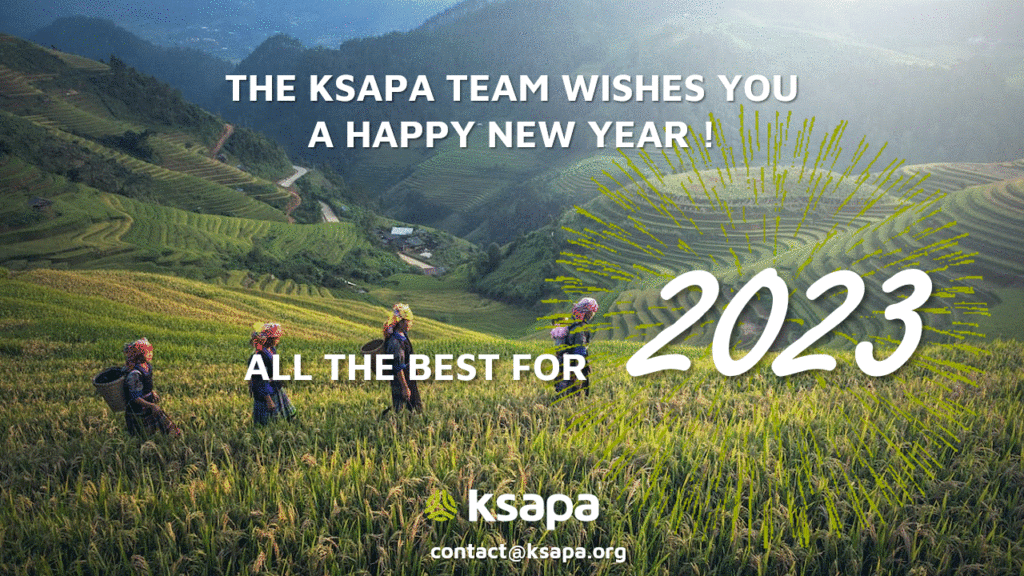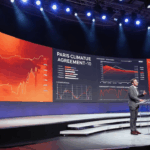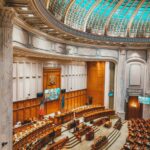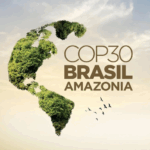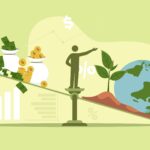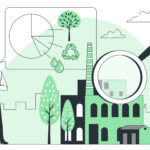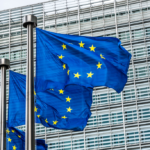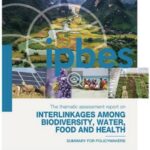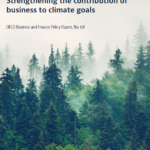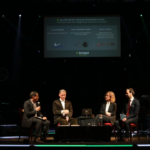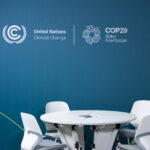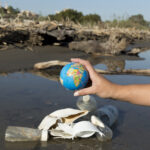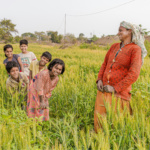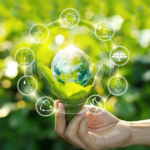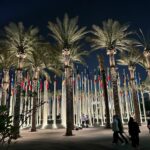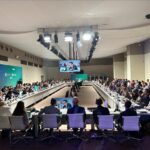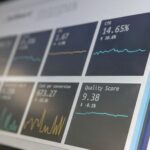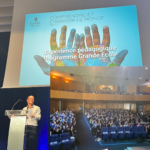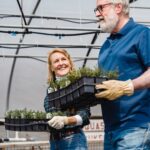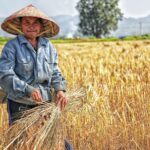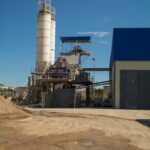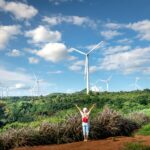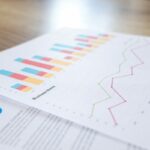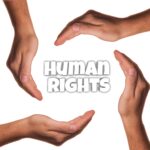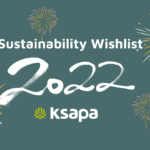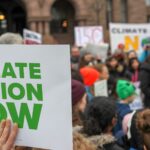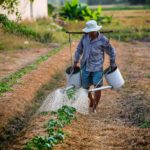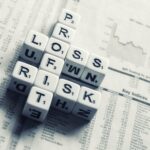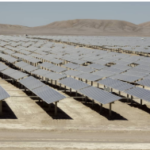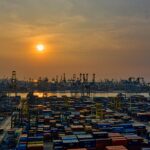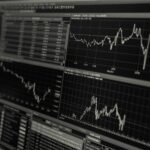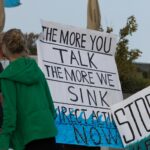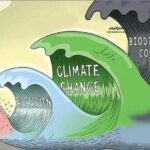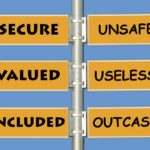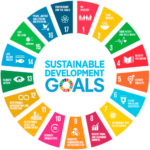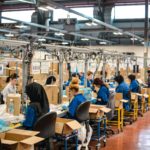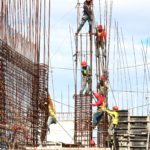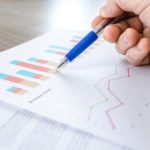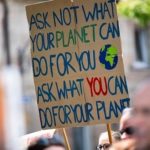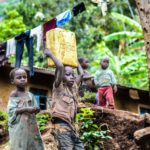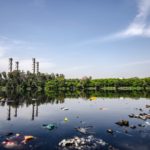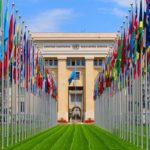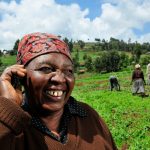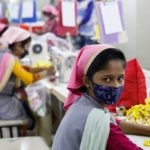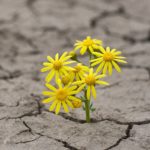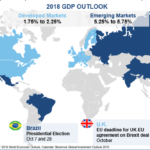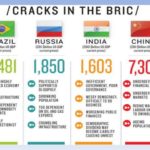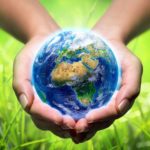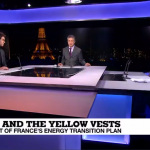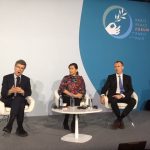Let’s start the year 2023 with optimism; because 2022 has finally delivered its share of good surprises, and we should appreciate the glass half full rather than criticize the glass half empty. After all:
- At the end of 2022, at the World Conference on Biodiversity (COP15) in Montreal, countries managed to adopt a new global framework aimed at halting the collapse of life by 2030. And this agreement, although incomplete because of its blind spots, its non-binding nature or its financing, was nevertheless unhoped-for given the state of negotiations at its opening between the almost 200 countries present. Let’s remember that its equivalent for climate, the COP27, reached an agreement in Egypt to create a fund for the irreversible damage and loss caused by global warming. The countries also began negotiations to develop a legally binding international treaty to stop plastic pollution.
- At the same time, the European Union (EU) reached a series of agreements to accelerate its reduction of greenhouse gas emissions: the reform of its carbon market, the introduction of a carbon tax at the borders, and the end of the sale of new thermal vehicles in 2035. It has also agreed to ban the import of products linked to deforestation such as soy, beef or cocoa.
- On the other side of the Atlantic, the United States succeeded in passing the Inflation Reduction Act, a massive investment plan (approximately 350 billion euros) in the low-carbon transition, which is worrying many of our European customers who see their industrial assets threatened.
These advances for the environment were far from being won in a context of multiple crises (energy, food, inflation and debt), and as the war in Ukraine in particular is shaking multilateralism.
We have been following these agendas for over 20 years. We have been seeing years of inaction on climate change, biodiversity targets and zero deforestation. But the awareness is there. The context is favorable. States, companies and investors have no other path than that of transformation and adaptation to this new environmental situation, carried out with concern for a just transition and respect for human rights, to bring about change as well as regulatory compliance. On this path, announcements that are not followed by credible action will obviously be insufficient, if not incapacitating.
In 2023, scaling up transformations will only be possible by working deeply on the food, energy and urban systems, all three of which have the specificity of concentrating most of the challenges of biodiversity erosion and climate disruption, while being key human spaces, where issues of poverty and inequality make questions of respect for human rights particularly sensitive.
In response, Ksapa is and will continue to be the strategic partner of its clients and partners around the world with 3 suggestions to approach 2023 with optimism:
1. Clarify the business case again and again
The environmental, social and ethical issues that are at the heart of Ksapa’s agenda are too important to be used in any way. It is not by value, principle or opinion that these reflections must be anchored at the heart of any economic project, but because these themes intrinsically feed the performance of these economic projects.
Ksapa’s consulting services provide methodologies and expertise in ESG strategy, human rights, climate change, stakeholder engagement, responsible sourcing, and sustainable and impact finance. They are deployed alongside our clients to create alignment around a concrete, value-creating business case, transcending cycles and individualities within organizations.
2. Design and deploy holistic, multi-stakeholder programs on strategic priorities
The food, energy and urban systems at the heart of the environmental and social transformations which have become imperative, require holistic and multi-stakeholder approaches. Ksapa works alongside its clients to achieve this by providing digital and financial tools that enable them to embrace complex themes and combine a diverse range of interests in operational programs on the ground, anchored in the reality of regions across the world.
3. Create alignment between stakeholders on these complex issues.
As Ksapa operates as a mission-driven company, our teams share and lead various considerations throughout the year involving complex ecosystems of stakeholders. We will thus work with France Invest throughout 2023 with the Human Rights Working Group to help the finance community align on approaches that ensure the proper consideration of these complex issues in their investment decision-making processes, in compliance with a converging regulatory framework that requires the strengthening of methodologies and expertise.
Ksapa remains more than ever an international catalyst for concrete and innovative solutions for a fairer, more sustainable, and faster transition. Join the movement working with us in 2023!
Président et Cofondateur. Auteur de différents ouvrages sur les questions de RSE et développement durable. Expert international reconnu, Farid Baddache travaille à l’intégration des questions de droits de l’Homme et de climat comme leviers de résilience et de compétitivité des entreprises. Restez connectés avec Farid Baddache sur Twitter @Fbaddache.

